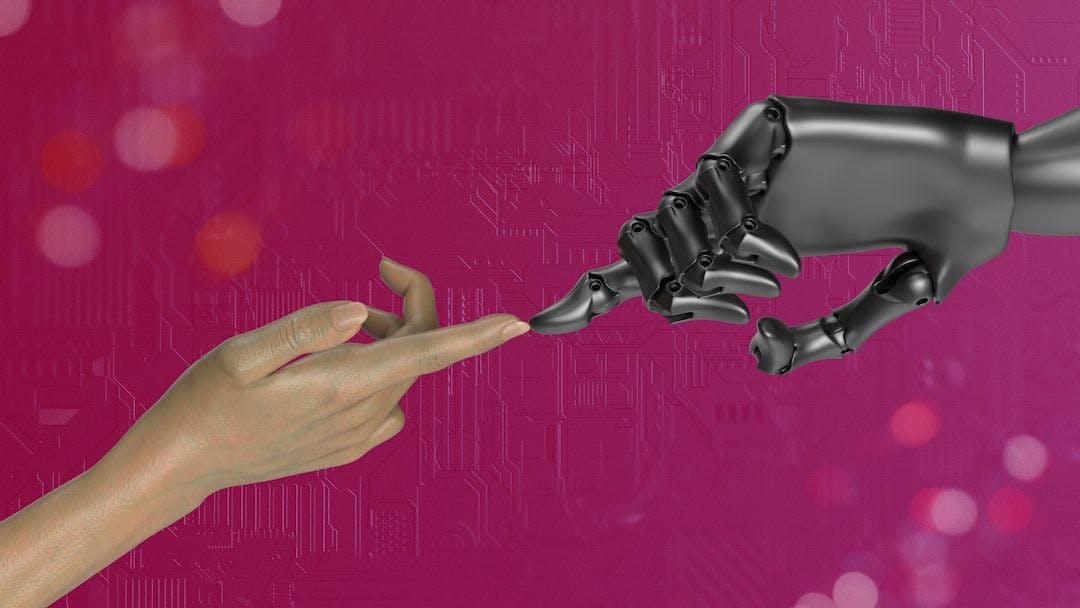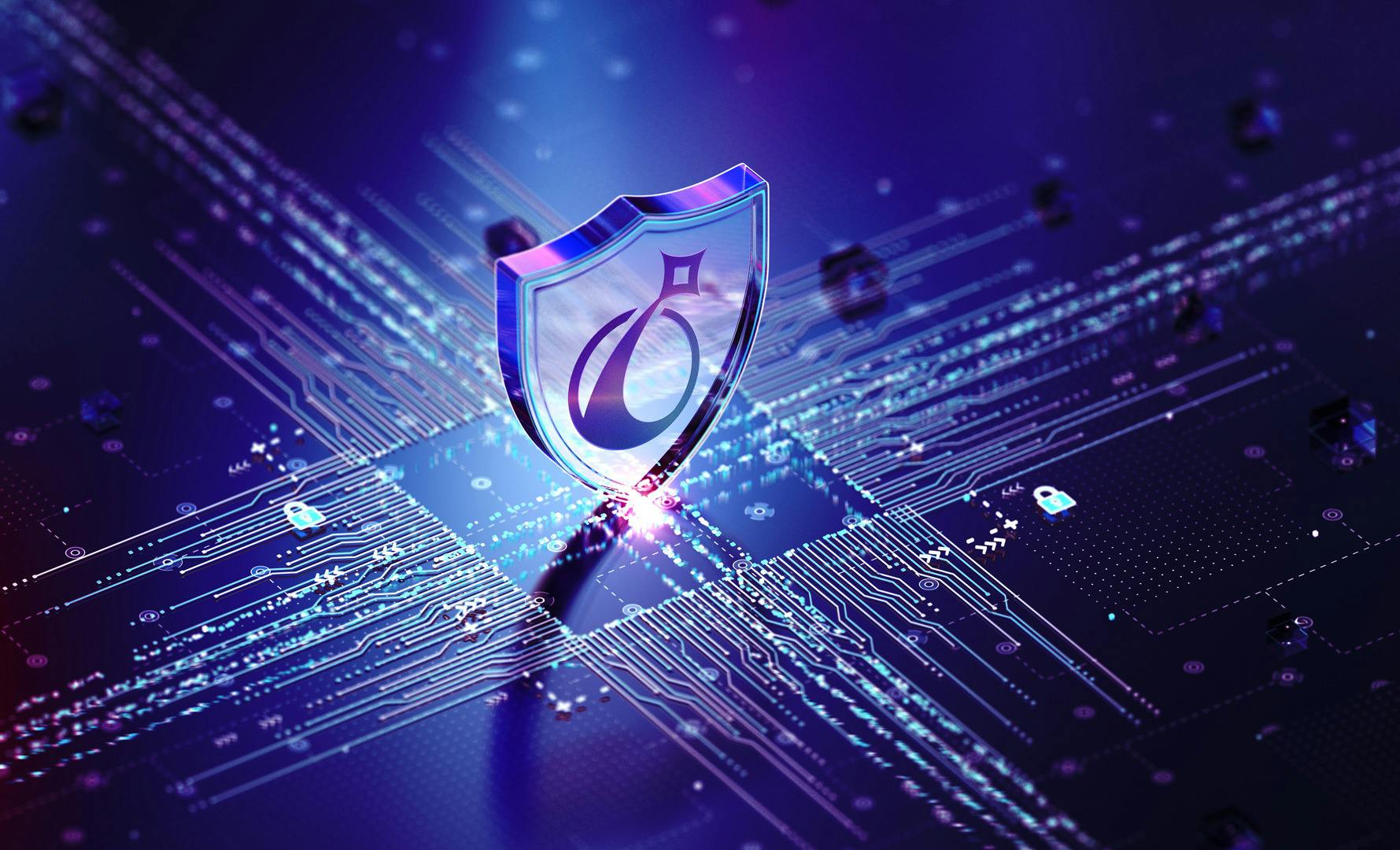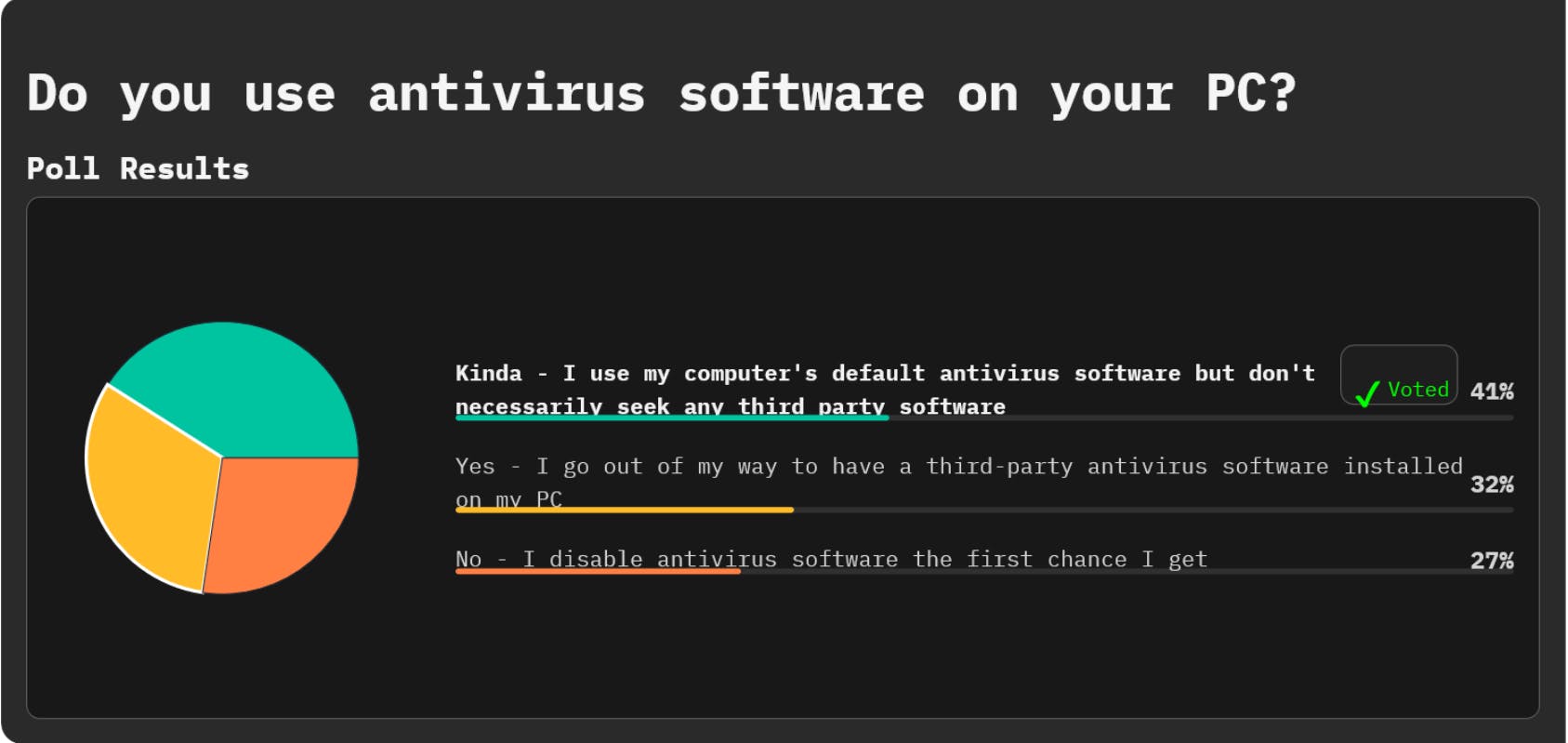Artificial Intelligence is revolutionizing industries, from finance, software development to medical care, offering unprecedented capabilities. But as AI takes on more decision-making roles, users and organizations are asking critical questions: Can we trust AI-generated results? Are sensitive data and user privacy protected? These questions drive the need for verifiable AI, a new frontier in AI development that relies on zero-knowledge machine learning (ZKML) to ensure both integrity and privacy.
What Is Verifiable AI?
Verifiable AI refers to AI systems designed to generate proofs that can be independently verified by users. These proofs confirm that the system’s output is genuine and trustworthy. The goal is to provide users with assurance that the model’s output has not been tampered with, while also safeguarding sensitive information.
To achieve this, verifiable AI leverages zero-knowledge proofs, a powerful cryptographic technique. ZKPs allow one party to prove to another that a statement is true without revealing any additional information beyond the validity of the statement itself. In the context of AI, this capability translates into two key features:
- Integrity
- Privacy-Preserving
Let’s explore how these features work and why they are essential.
1. Integrity: Ensuring Trust in AI Outputs
One of the most critical challenges in AI is ensuring that outputs are trustworthy. Without proper verification mechanisms, AI-generated results could be manipulated or tampered with, either intentionally or accidentally. This could have severe consequences, particularly in areas such as medical diagnosis or financial decision-making.
How Zero-Knowledge Proofs Enable Integrity
In a verifiable AI system, ZKPs allow users to verify that an AI-generated output was indeed produced by the correct model, without requiring users to inspect the model directly. Here’s how it works:
- AI Model Generates Proof: When the AI produces an output, it also generates a cryptographic proof.
- Independent Verification: Users or external auditors can verify the proof, ensuring that the output is genuine and has not been altered.
This approach eliminates the need for blind trust. Instead, users have cryptographic evidence that the AI’s output originates from the intended model and remains untampered. For example, in financial forecasting, stakeholders can confirm that the predictions stem from the actual AI model, not from external interference or manual modifications.
2. Privacy-Preserving: Protecting User Data
AI systems often process sensitive data, whether it’s user preferences, medical histories, or financial records. A major concern is the potential for AI-generated outputs to inadvertently leak private information. Verifiable AI addresses this issue using the privacy-preserving properties of ZKPs.
How Zero-Knowledge Proofs Preserve Privacy
ZKPs allow AI models to prove that an output is valid without revealing the underlying data used to generate it. This privacy-preserving mechanism works as follows:
- Limited Information Disclosure: The proof only confirms that the output is correct and consistent with the model’s parameters — it does not disclose sensitive user data.
- Data Confidentiality: Since the verification process does not expose the input data, user privacy is maintained even when external auditors or other entities verify the proof.
For example, consider a healthcare AI model that recommends personalized treatments. The patient’s sensitive health data remains confidential, as the proof only verifies the legitimacy of the recommendation without revealing the medical details.
Expanding Verifiable AI with Blockchain and ZKML
The combination of zero-knowledge proofs and blockchain technology is transforming verifiable AI, creating an ecosystem where computational integrity, privacy, and trust are inherently built-in. Here’s how ZKPs and blockchain work together to enhance verifiable AI:
Zero-Knowledge Proofs and Blockchain
ZKPs are natively applicable to blockchain due to their non-interactive, succinct, and trustless nature. Blockchain can act as a verifier, validating off-chain computations through ZKPs at minimal cost. This synergy addresses critical challenges like reducing communication latency and minimizing storage requirements.
When ZKPs are integrated with blockchain, the system efficiently transfers off-chain computational power to the blockchain, ensuring trustless verification of computations. Despite the advantages, generating ZKPs remains computationally intensive, often requiring customized protocols to optimize performance.
Zero-Knowledge Machine Learning (ZKML)
Extending machine learning to be verifiable on-chain presents an exciting frontier. ZKML enables decentralized machine learning capabilities, making models trustlessly verifiable on the blockchain. This advancement is especially important in applications such as biometrics, DeFi, gaming, and decentralized identity (DID) systems.
Key Application Scenarios of ZKML
- Oracle Problem: ZKML-powered oracles provide trustless, verifiable data feeds by generating zero-knowledge proofs of data accuracy without revealing underlying data.
- Biometrics and Identity Authentication: ZKML enhances privacy-preserving verification of sensitive biometric data, such as iris scans or facial recognition, in decentralized identity systems.
- Web3 Gaming: ZKML enables dynamic AI-driven gameplay by integrating verifiable AI models on-chain, ensuring trust in game logic and interactions.
- Privacy-Preserving Inference: Applications in healthcare and legal fields use ZKML to analyze sensitive data while maintaining privacy and data integrity.
Research Goals: Advancing Verifiable AI through ZKML
Current research focuses on optimizing machine learning models for zero-knowledge proof generation, particularly for applications like face verification using MobileFaceNet. Key challenges include transforming ML layers (such as convolutional and activation functions) into zero-knowledge protocols and addressing computational overhead.
- Layer Transformation: Convolutional layers, ReLU functions, and fully connected layers are being adapted using the sumcheck and GKR protocols for efficient ZKP generation.
- Parameter Quantization: Converting floating-point parameters into fixed-point numbers for ZK circuits while maintaining precision.
- Proof Generation and Validation: Off-chain proof generation is optimized for computational efficiency, with on-chain validation ensuring trustless verification.
Challenges and Solutions
Despite its potential, ZKML faces significant hurdles, including:
- Parameter Distortion: Addressing precision loss when converting ML model parameters.
- High Computational Requirements: Mitigating the computational cost of ZK proofs through algorithm optimization and hardware acceleration.
Conclusion: Unlocking the Future of Verifiable AI
Verifiable AI, powered by zero-knowledge proofs, offers a transformative approach to ensuring trustworthy and privacy-preserving AI systems. When combined with blockchain technology, it addresses key concerns around data integrity, privacy, and scalability. The development of ZKML opens up possibilities in DeFi, decentralized identity, gaming, and privacy-sensitive industries such as healthcare and legal consulting.
As technological innovations continue to advance, verifiable AI will play a critical role in building a secure, intelligent, and trusted digital world. By merging cryptographic proofs with machine learning, we can create a future where AI operates transparently and securely in decentralized environments.










